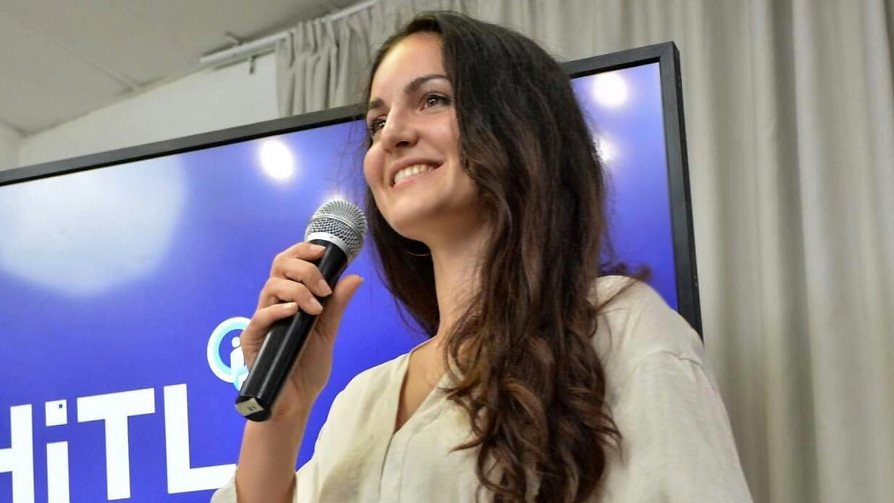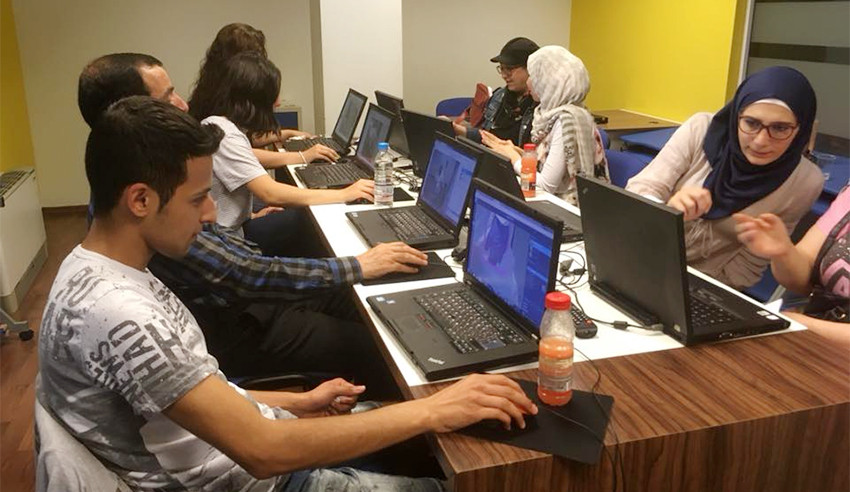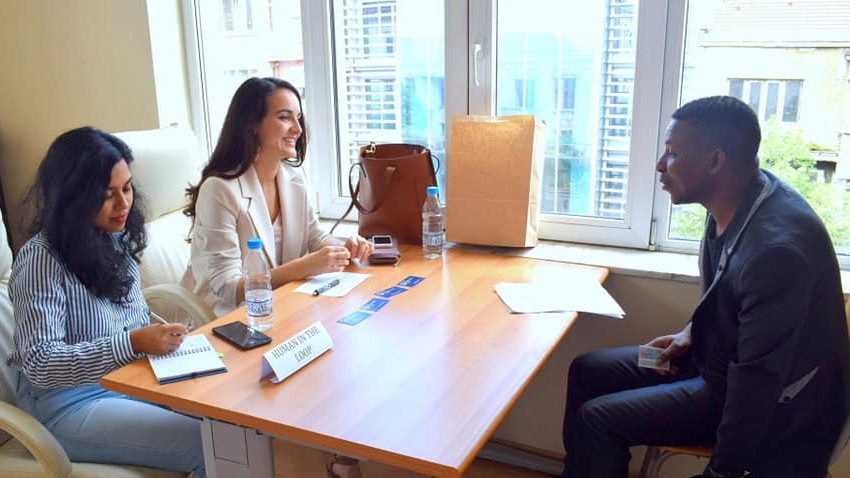In August 2015, Chancellor Angela Merkel’s notorious phrase “We will manage!” opened the doors to Europe for a massive stream of refugees fleeing from the war in Syria. Thousands of economic migrants from Asia and Africa also headed towards Europe. As a border country, Turkey gave many of them shelter, but it also put this situation to more pragmatic use and demanded financing from the EU. As to Bulgaria – it remains more of a transit country for migrants. However, last year the number of people seeking refugee status trebled compared to 2020. According to data of the registration and reception centre in Harmanli, one of the refugee centres in this country, employers have an interest in asylum seekers in this country, yet only 50 of the 1,400 residents of the centre hold a permanent job, working mostly in sanitation, the services and trade, or as cooks. The main reason why so few people in these communities have a job is most often that they do not want to work for a Bulgarian salary.
But the efforts to integrate them into Bulgarian society and way of life are ongoing.
Iva Gumnishka regards refugees and human rights as her calling. She was admitted to several universities in USA, but she chose New York, as its programme includes these spheres. And a whole new world opened up to her, in which the lives of thousands could not leave her indifferent. Unlike most people who are not particularly concerned about other people’s woes, Iva sees the other side of the coin. She set up a social enterprise to assist people affected by conflicts, and has been working with organizations from Syria, Afghanistan, Lebanon and Yemen. Around 40-50 people in this country take advantage of its services.

“We endeavor to form skills and abilities so that people can have an income using digital technologies,” Iva Gumnishka says. “For this purpose, they need to learn to use a computer, to learn or improve their English, to be able to work with different online platforms. We, at our foundation, also organize training in graphic design, programming, entrepreneurship, and our company offers homeworking opportunities under various projects.”

Though brief, Iva’s three years of experience in social entrepreneurship in support of refugees has brought her face to face with many deficiencies. To solve these problems, the state must intervene:
“What we need is a clear, structures, centralized programme for their integration,” Iva says. “Many people come here without speaking the language. Most of the people who know a little Bulgarian were once students in this country. What these people need is to learn the language under a specialized programme at a public level, but there is no such programme, they need to be helped to come in contact with the labour market. It is the role of the state to assist this process, to provide information which sectors of the economy their experience is applicable in.”

Iva says red tape is a major stumbling block in the integration of refugees. Her NGO assists in solving all sorts of administrative tangles.
“We explain to them how to pay their social security installments, what kinds of contracts there are and what they need to watch out for before signing. Many immigrants find it difficult to even open an account because banks turn them down. The bank representatives have no right to do that, especially when they are shown a Bulgarian identity card. That means refugees have to paid in cash and become part of the shadow economy, and this runs counter to the interests of the country itself.”

Photos: Facebook / @humansintheloop
According to the Annual Report on the Health Status of Bulgarian Citizens for 2023, t he main cause of death in Bulgaria is diseases of the cardiovascular system (61.1%), followed by oncological diseases (16.5%) and diseases of the respiratory system..
In the week of St. Andrew’s Day (also known as Bears’ Day or Mechkinden), WWF is drawing attention to six orphaned bear cubs who have been given a second chance at life. The initiative is part of the "Subscribe to Nature" campaign and..
For the 30th consecutive year, the Bulgarian Posts organize a contest for the most beautiful letter to Santa Claus. Letters must be sent by 18 December with a stamped envelope "For Santa", the sender's address indicated and postage paid. All..
In the week of St. Andrew’s Day (also known as Bears’ Day or Mechkinden), WWF is drawing attention to six orphaned bear cubs who have been given a..
According to the Annual Report on the Health Status of Bulgarian Citizens for 2023, t he main cause of death in Bulgaria is diseases of the..

+359 2 9336 661
